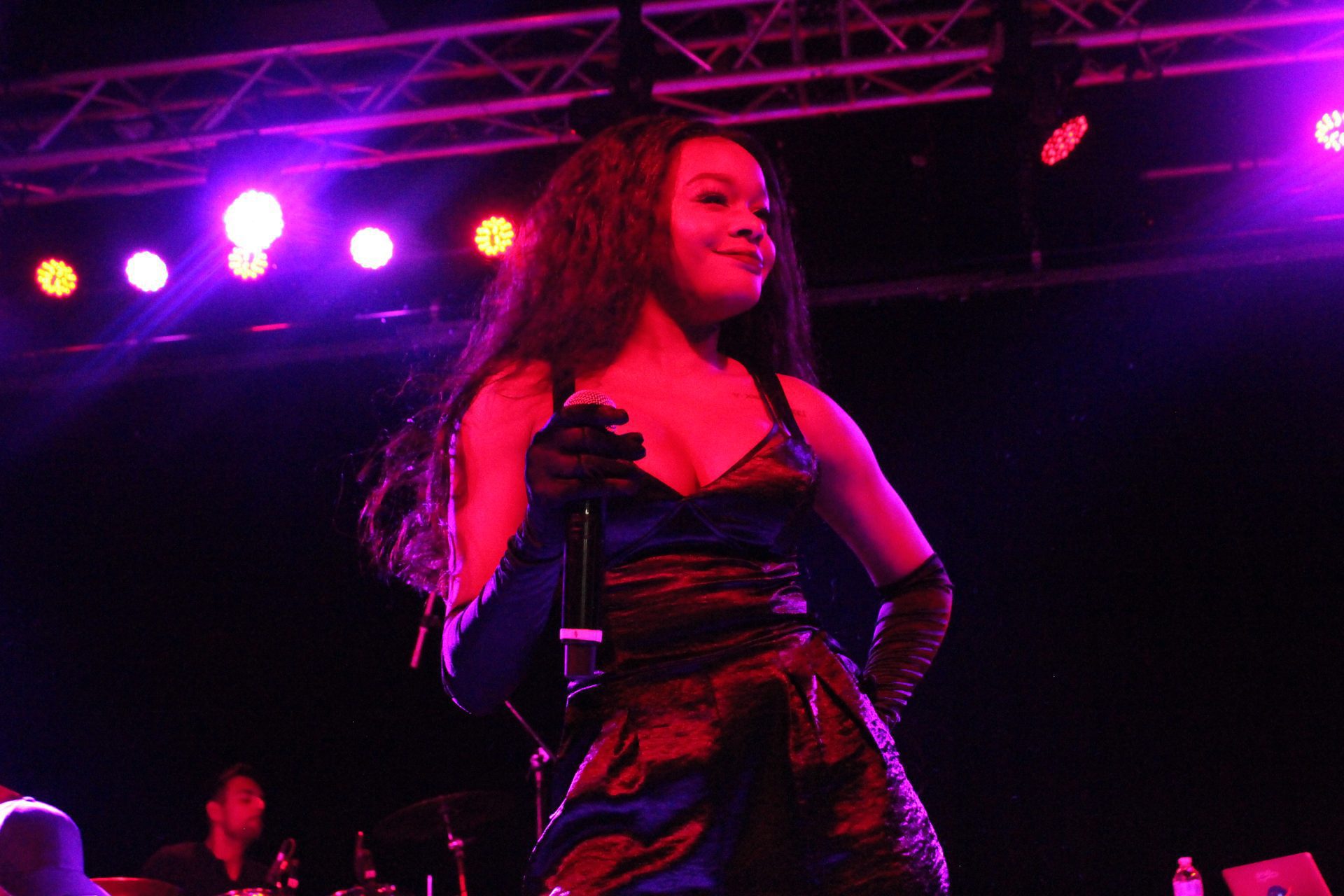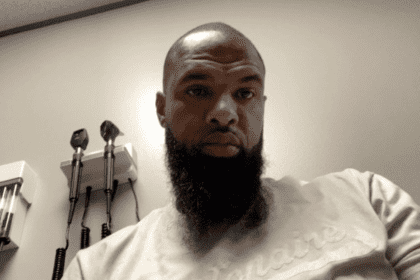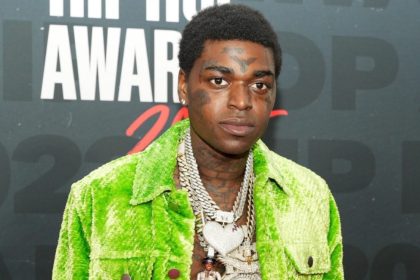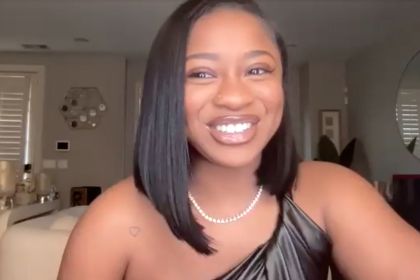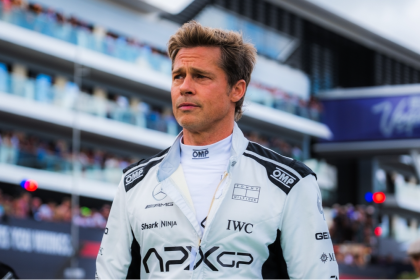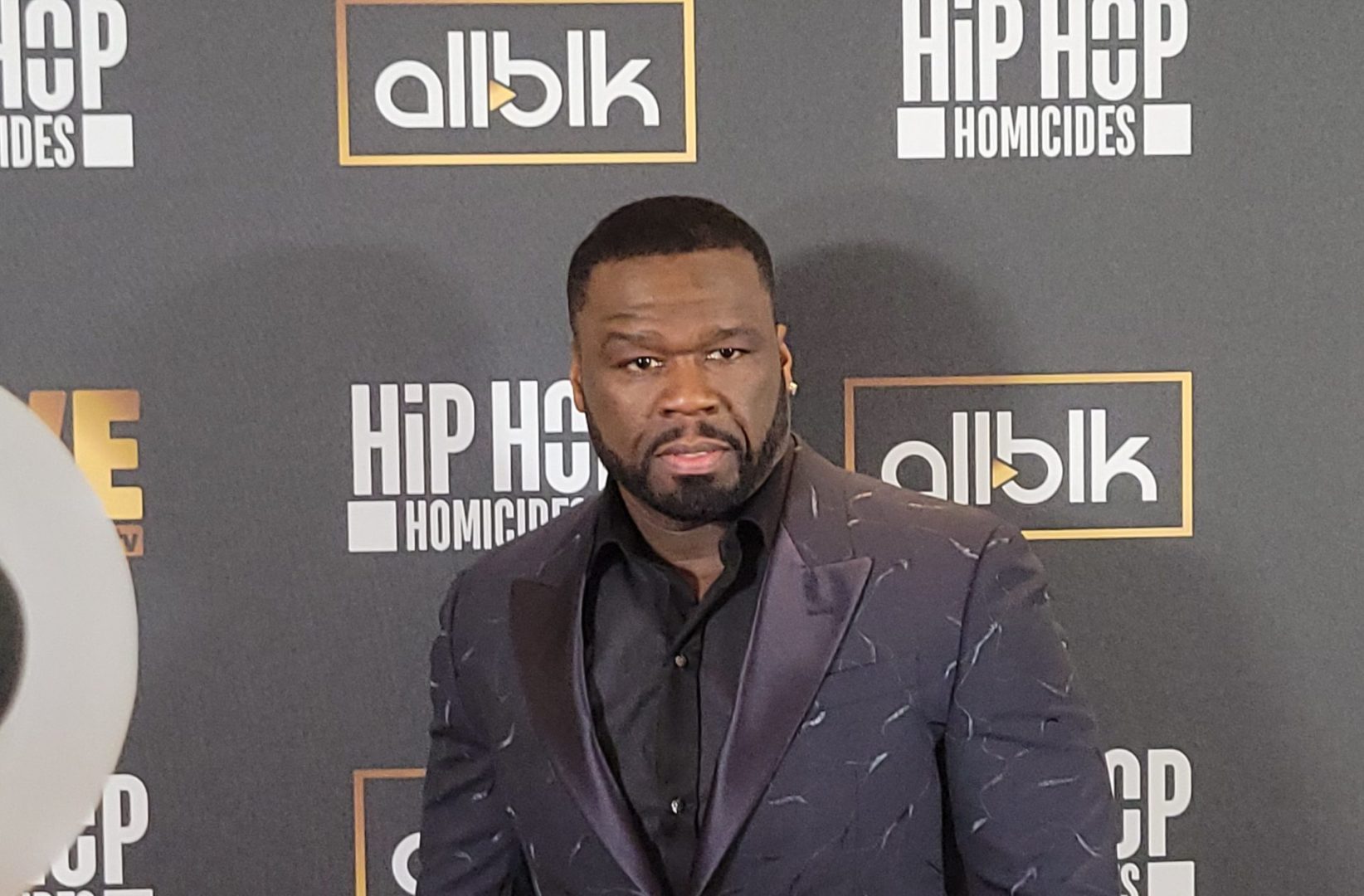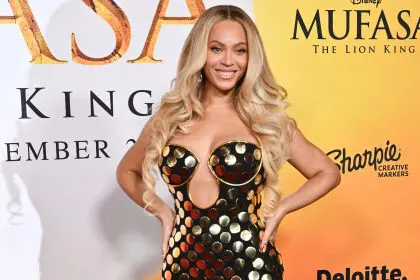Azealia Banks has thrust herself into the center of hip-hop’s latest controversy through a series of pointed statements on X (formerly Twitter), targeting both Drake and Kendrick Lamar. Her intervention adds a new dimension to the ongoing tension between the two prominent artists, while also addressing Drake’s recent challenges with Universal Music Group and JAY-Z’s NFL involvement. The outspoken artist’s commentary has resonated throughout the industry, triggering widespread discussions about accountability and responsibility within the hip-hop community.
Drake allegations and defense
Banks‘s commentary focused heavily on defending Drake against certain accusations, particularly noting the lack of concrete evidence regarding claims about his preferences for younger women. Her stance on the matter emphasized the severity of such allegations, insisting that making light of potential abuse is inappropriate regardless of the target. This defense comes at a crucial time when the entertainment industry faces increased scrutiny over power dynamics and relationships between established artists and emerging talents.
The discussion has prompted a broader examination of how the industry handles serious allegations and the responsibility of artists when making such claims in their music. Banks’s intervention highlights the delicate balance between artistic expression and the potential real-world consequences of inflammatory accusations.
Kendrick’s musical challenge
The controversy stems partly from Kendrick Lamar’s track Not Like Us, where he directly confronts Drake with provocative lyrics. The song’s contentious lines about Drake’s past communications with younger female artists have reignited public interest in several previously documented interactions, including those with Billie Eilish, Bella Harris, and Millie Bobby Brown. This musical exchange represents a significant escalation in the ongoing rivalry between two of hip-hop’s most influential figures.
The impact of Kendrick’s lyrics extends beyond mere artistic expression, touching on sensitive social issues and raising questions about the responsibility artists bear when making serious allegations through their music. The industry’s response to this situation could set precedents for how similar conflicts are handled in the future.
Historical context
These discussions have brought renewed attention to Drake’s past relationships with younger artists in the industry. His friendship with Stranger Things actress Millie Bobby Brown drew particular scrutiny when Brown, then 14, shared details about their texting relationship during a 2018 interview. Similarly, Billie Eilish, at 17, found herself defending her communications with Drake, questioning why their interaction sparked such controversy.
The examination of these past interactions has led to increased dialogue about appropriate boundaries in mentor-mentee relationships within the entertainment industry. The scrutiny has also highlighted the complex nature of celebrity relationships in an era where social media makes private communications increasingly public.
Industry response
The situation has evolved beyond personal disputes into a broader dialogue about celebrity relationships and accountability. Drake addressed these matters in his track The Heart Part 6, where he firmly denied any wrongdoing and criticized those spreading what he claimed were false narratives about his character and conduct. His response underscores the challenges celebrities face in defending themselves against serious allegations while maintaining their artistic integrity.
The industry’s reaction to this controversy reflects growing awareness of the need for clearer guidelines regarding professional relationships between established artists and younger performers. This situation has prompted many industry professionals to call for more structured approaches to mentorship programs and professional interactions.
Broader implications
This controversy highlights ongoing concerns about power dynamics in the entertainment industry, particularly regarding relationships between established artists and younger performers. Banks’s involvement has amplified these discussions, forcing the industry to confront questions about appropriate boundaries and professional conduct.
The entertainment sector continues to grapple with these complex issues, as social media platforms enable immediate public discourse on sensitive topics. This situation exemplifies how quickly personal conflicts can escalate into broader societal discussions about accountability and responsibility in the music industry. The outcome of this controversy may influence future industry standards and practices regarding professional relationships and mentorship programs.

